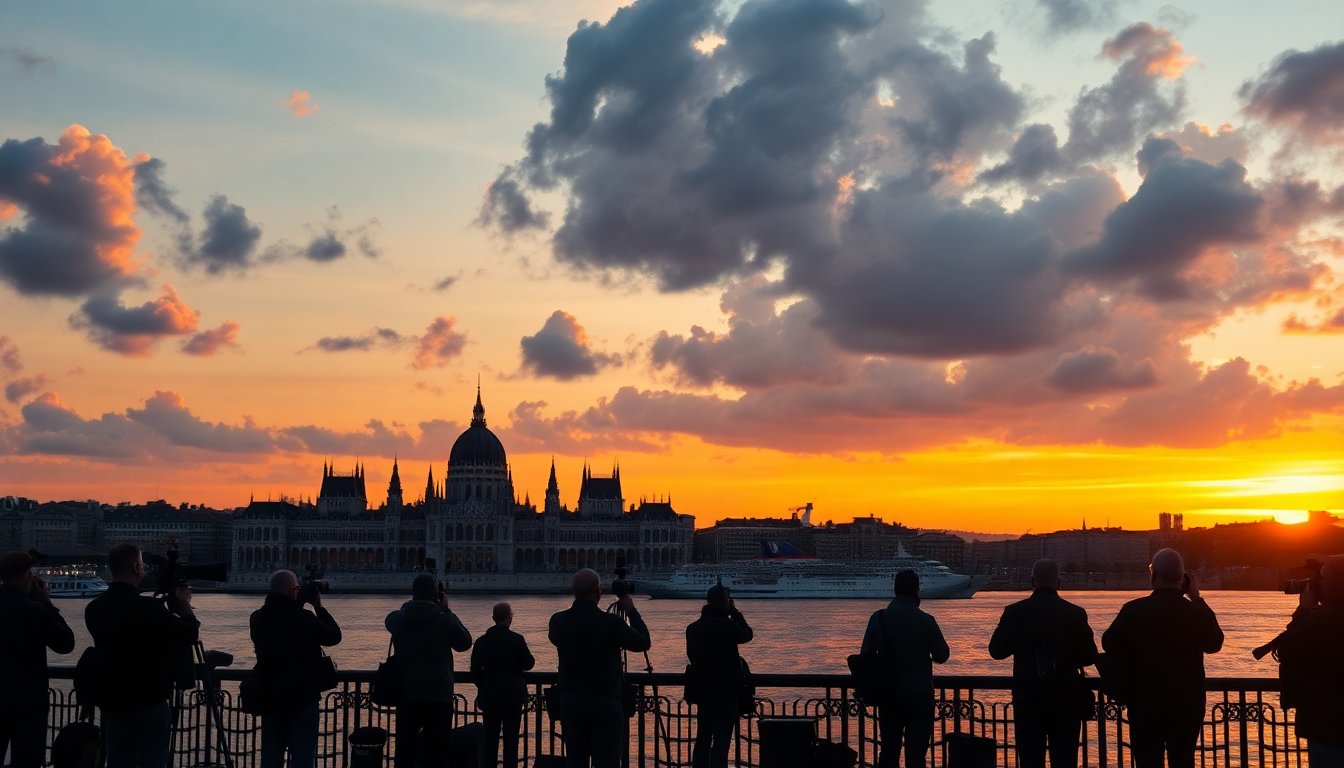Table of Contents
The prospect of a summit between Vladimir Putin and Donald Trump in Budapest presents a complex web of challenges, primarily due to existing EU sanctions prohibiting Russian overflights. The announcement of direct talks between the two leaders aims to address the ongoing conflict in Ukraine, described by Trump as an ‘inglorious’ invasion that has persisted for over three years. However, the logistics of Putin’s travel to Hungary are fraught with complications stemming from the restrictions imposed by European nations.
Understanding the travel restrictions
A broad ban on Russian aircraft utilizing EU airspace is currently in effect as part of a comprehensive sanctions framework aimed at curbing Russia’s military activities. For Putin to reach Budapest, he would require a special waiver from one or more European leaders. Without this exemption, he faces a daunting choice: risk flying over Ukraine, defy EU regulations, or embark on a long detour through the Balkans.
Possibilities for exemptions
According to the legal texts governing the sanctions, EU member states have the authority to grant exceptions for Russian flights. Such exemptions may be considered if it is determined that travel is essential for humanitarian reasons or aligns with the objectives of the sanctions. Anitta Hipper, spokesperson for the European Commission, confirmed this point during a press briefing, emphasizing that individual countries retain the power to make these decisions.
Neither Putin nor his foreign minister, Sergey Lavrov, currently face specific travel bans within the EU. Hipper reiterated that any derogations from the sanctions must be granted on a case-by-case basis by member states. This situation creates uncertainty regarding the likelihood of obtaining the necessary permissions for Putin’s journey.
Legal implications and potential consequences
Another layer of complexity emerges from the fact that Putin is subject to an International Criminal Court (ICC) arrest warrant. This warrant poses a significant legal challenge for Hungary, which is a signatory to the ICC treaty and theoretically obligated to enforce such mandates. However, Hungarian officials, including Foreign Minister Péter Szijjártó, have indicated a willingness to facilitate Putin’s entry into the country, ensuring that negotiations occur without interference.
Concerns among EU officials
The potential for Putin to attend the summit, despite the legal and logistical hurdles, has raised eyebrows among EU officials. A senior diplomat noted the necessity for Putin to secure permission to traverse certain countries, admitting that navigating these challenges would not be a desirable task. The uncertainty surrounding the situation has led to questions about the EU’s credibility in enforcing its sanctions while managing diplomatic relations.
Furthermore, the current political climate in Europe, particularly regarding the strategies employed by leaders like Emmanuel Macron, adds further tension to the unfolding scenario. The recruitment of EU staff as potential spies by the Hungarian government has also alarmed officials, complicating the trust and cooperation needed within the bloc.
The road ahead
No specific date for the proposed meeting between Trump and Putin has been established, and the Kremlin has not disclosed any planned travel arrangements for its leader. This leaves the future of the summit in a precarious balance, influenced by various factors. The possibility of Putin’s attendance hinges not only on securing flight permissions but also on addressing the legal ramifications associated with the ICC warrant.
The idea of a summit in Budapest between these significant world leaders is intriguing, yet the multitude of logistical and legal challenges makes the situation highly complex. Developments will be closely monitored by both European leaders and international observers, eager to see how these diplomatic efforts unfold amid an ongoing conflict and rising tensions.


